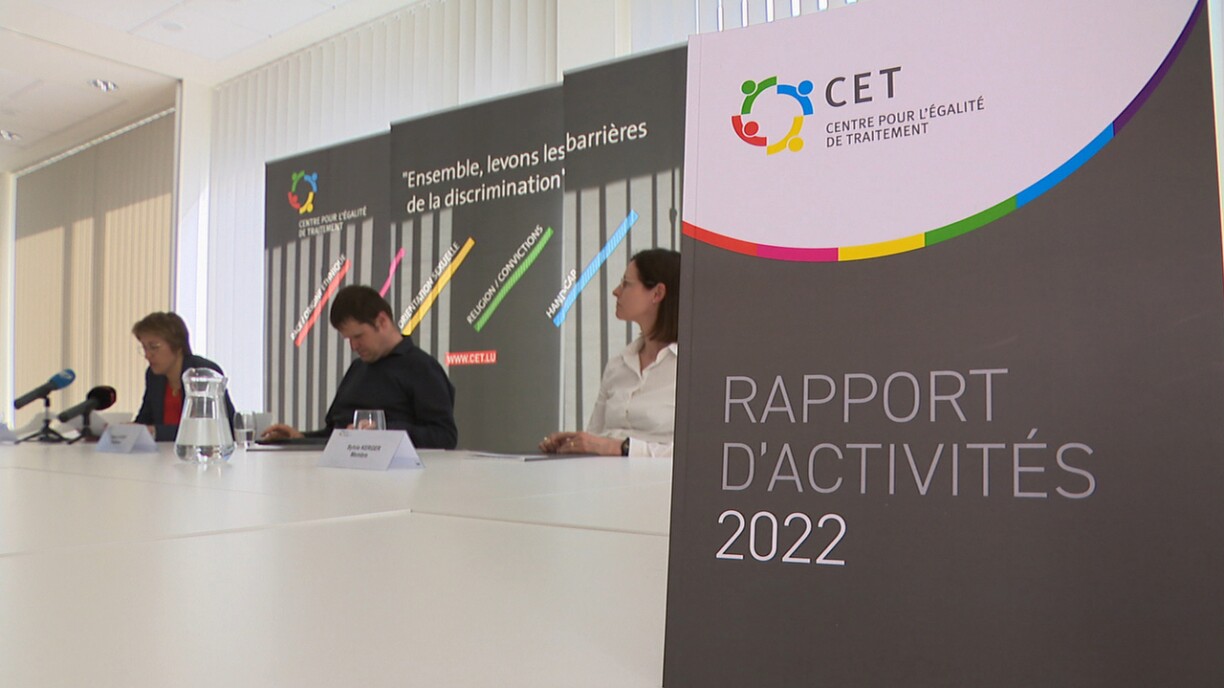
221 new cases were filed with the CET last year, a figure that has almost doubled in the past six years. The main reasons were people’s sexual orientation, age, religion, gender, disability, or ethnic origin.
According to CET president Patrick Hurst, this does not necessarily imply that there is more discrimination: “You can see that there is a certain polarisation, that society is more irritated, but that is also linked to a greater sensitivity.” Hurst explained that society has become much more sensitive than a few years ago and that racial insults, for example, are being reported much more quickly.
In 2022, the CET also analysed job advertisements for possible discrimination, explains director Nathalie Morgenthaler: “We discovered 79 discriminatory advertisements where we made employers aware and asked them to be more careful with their wording in the future. In 77 cases, the ad was only written for one gender, for example, it was a female secretary or a male mechanic who was wanted, in one ad age and gender were included, in yet another one age was specified, which is also prohibited.”
According to Morgenthaler, the CET’s room for manoeuvre is relatively limited, which is why it has been advocating for new laws to give them greater leverage. She stressed a number of clear demands:
“There are new grounds for discrimination. Some of them are already in our criminal code, but some are recommended by other European institutions. For example: nationality, skin colour, gender identity, gender expression, or sexual characteristics, family situation, state of health, political or philosophical ideas, trade union activities, and the socio-economic situation.”
It now remains to be seen what the relevant Chamber commission and the Council of State will say about the envisioned legislative text.
Read also:Racism in Luxembourg - Where are you really from?